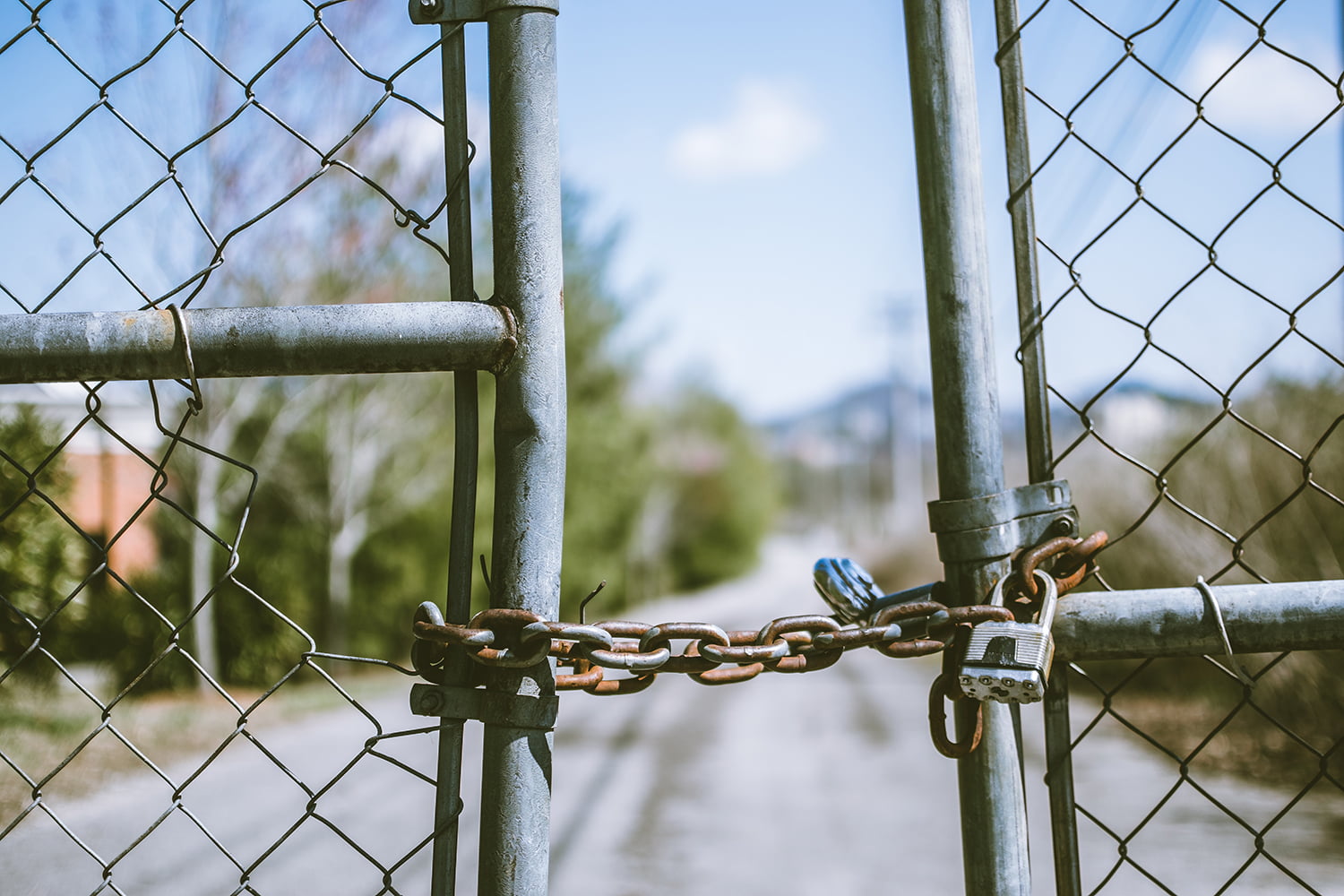Have you ever felt excluded by a person or organization, as though they purposely withheld essential facts from you or wanted to keep you from a particular place? This behavior, called gatekeeping, controls or regulates access to information, spaces, groups, or activities. It involves establishing and enforcing criteria or standards that determine who is allowed to participate or belong. Gatekeepers can be individuals, organizations, or systems that hold the power to decide who can gain entry or acceptance.
While gatekeeping can serve beneficial purposes, such as maintaining safety or ensuring quality standards for businesses or events, it can also have negative consequences, especially in grassroots organizing. It can damage credibility and unity, hindering the effectiveness and inclusivity of community-led groups.
Why is gatekeeping detrimental to grassroots organizing?
1. Exclusion of marginalized voices
Gatekeeping excludes marginalized individuals or groups who may have valuable perspectives and experiences to contribute to grassroots organizing efforts. When specific individuals or organizations set themselves up as gatekeepers, they may impose strict criteria for participation or demand adherence to a particular ideology or agenda. This can lead to the marginalization of voices that do not fit within those predefined boundaries, thereby limiting the diversity and representation within the movement.
2. Replication of power structures
Gatekeeping can perpetuate existing power imbalances within society. Those who control the gates may replicate the hierarchical structures and power dynamics that grassroots movements seek to challenge. This can undermine the democratic and egalitarian principles of grassroots organizing and reinforce the dominance of certain individuals or groups, resulting in an exclusionary environment.
3. Stifling creativity and innovation
Grassroots organizing thrives on the diversity of ideas and approaches. Gatekeeping can stifle creativity and innovation by imposing rigid standards and norms limiting acceptable ideas and strategies. This narrow focus may prevent the exploration of new perspectives, alternative methods, and fresh approaches that could be crucial for addressing complex social issues effectively.
4. Reduced community engagement
Gatekeeping can create barriers to entry and discourage community members from actively participating in grassroots organizing efforts. When people perceive high barriers or exclusive cliques, they may feel alienated or intimidated from getting involved. This reduces community engagement and limits the potential for widespread mobilization and collective action.
5. Fragmentation and divisiveness
Gatekeeping can contribute to fragmentation and divisiveness within grassroots movements. When gatekeepers impose strict ideologies or dismiss dissenting opinions, it can lead to internal conflicts and bad blood. This hampers the solidarity and collective power that grassroots organizing seeks to build, weakening the movement’s ability to effect change.
To counter the negative impact of gatekeeping, it is crucial for grassroots organizing efforts to prioritize inclusivity, actively seek diverse perspectives, and create platforms for marginalized voices to be heard. Emphasizing openness, transparency, and shared decision-making processes can help ensure that grassroots movements remain inclusive, dynamic, and effective in pursuing social change.
How can grassroots organizations combat gatekeeping?
1. Build coalitions and networks
Collaborating with like-minded organizations and building networks can amplify the impact of grassroots efforts. By joining forces, groups can collectively share resources, expertise, and experiences to combat gatekeeping. This collaboration can help create a more robust, united front against gatekeeping practices.
2. Foster inclusivity
Grassroots organizations should prioritize inclusivity within their operations and spaces. By actively involving individuals from marginalized groups in decision-making processes and leadership roles, they can ensure diverse perspectives are represented. Creating safe and inclusive environments where everyone’s voice is valued and heard is crucial.
3. Provide resources and support
Grassroots organizations can avoid gatekeeping by providing resources, mentorship, and guidance. By offering workshops, training programs, and scholarships, they can help individuals develop skills and access opportunities that might otherwise be denied due to gatekeeping.
4. Advocate for policy changes
Groups can work towards policy changes that address gatekeeping. By advocating for inclusive policies and regulations at local, regional, and national levels, they can help dismantle systemic barriers. This might involve lobbying, engaging with policymakers, and participating in public consultations to ensure that relevant legislation recognizes and addresses gatekeeping. If you’d like help advocating for policies affecting grassroots organizing and neighborhood wellness, contact One Omaha.
5. Empower grassroots voices
Encouraging individuals from diverse communities to share their stories and experiences can be a powerful way to combat gatekeeping. Grassroots organizations can provide platforms such as blogs, podcasts, or community events where these voices can be amplified and heard. This not only challenges gatekeeping but also empowers individuals to become advocates for change.
Combating gatekeeping is an ongoing process that requires persistence, collaboration, and continuous effort. Grassroots organizations can make a significant impact by working together to challenge and dismantle gatekeeping practices, promoting inclusivity, and advocating for systemic change.
This blog was written by Noelle Blood-Anderson, One Omaha’s communications manager.

